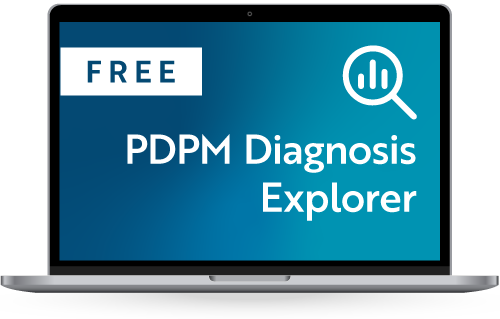As we talk to new and prospective customers (and especially their IT departments) we often hear the same questions about data security:
- How does SimpleLTC use our data?
- How do you secure our Protected Health Information (PHI)?
- Will SimpleLTC ever give my data to a third party?
- What happens to my data if my company is no longer a customer of SimpleLTC?
- Who really controls my data?
There are specific answers to all of those questions, but they all boil down to one basic question…
Is SimpleLTC serious about protecting my data?
At SimpleLTC, we take our responsibility to protect your critical LTC and PHI data extremely seriously. In fact, we’re personally honored that 2,000+ customers have entrusted us with their information and rely on our systems to be secure and available when needed.
To live up to that customer trust, we’ve put a number of safeguards and processes in place. For example:
- All employees must complete mandatory HIPAA and HITECH training and certification as a condition of employment.
- Access to PHI is restricted to just those employees who have a valid business need (such as customer support).
- Our web applications protect your data using industry-standard SSL/TLS encryption and we encourage customers to use modern browsers with the latest security features.
- All company computers and media that contain PHI are encrypted using government-approved technology approved for protecting sensitive information.
We also understand one important thing that’s somewhat rare among Software as a Service (SaaS) companies these days…
Your data belongs to you
Accordingly, we don’t charge for standard data extracts should you ever need your data. We even developed our own application programming interface (API) so that your developers or IT staff can write applications that interact with data on SimpleLTC.
And perhaps most importantly, because we recognize that your data is yours, you’re protected from vendor lock-in. In other words, you’re not stuck with starting from scratch if you decide to change vendors or alter your workflow processes in the future.
For more details on our security policies, we encourage you to read our Security & Data Privacy Overview document on our support forum. And as always, contact us with any questions.




